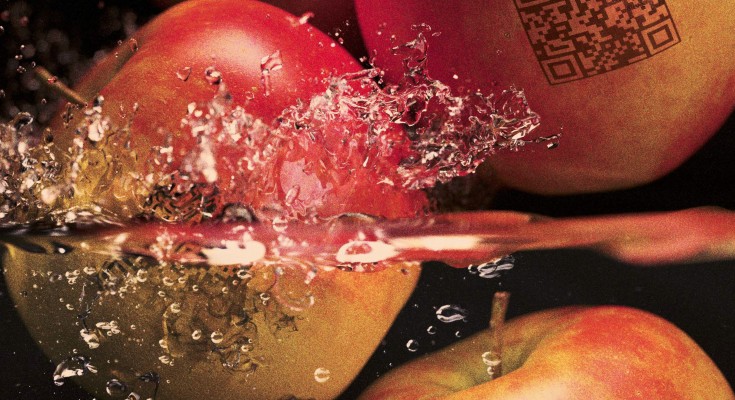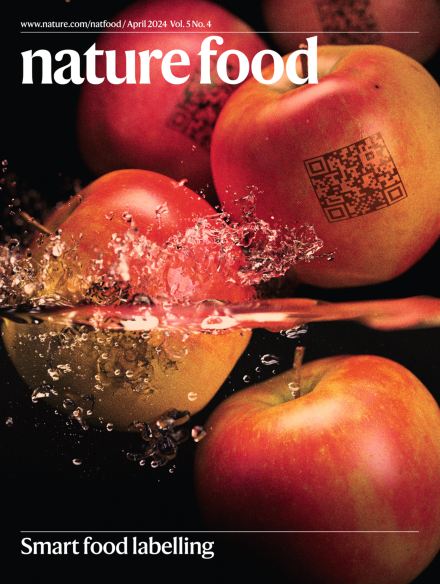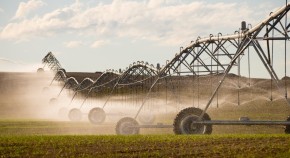
Read our April issue
Sustainable pork production, smart food labelling, phosphorus balancing, personalized nutrition, hybrid intelligence in agriculture, methylmercury in rice, EU subsidies to livestock… and more!

Sustainable pork production, smart food labelling, phosphorus balancing, personalized nutrition, hybrid intelligence in agriculture, methylmercury in rice, EU subsidies to livestock… and more!



Linking spatially explicit inter-city nitrogen pollution transfer embedded in food trade to urbanization pathways and historic agricultural production trends reveals evidence of a ’pollution haven’ phenomenon in China’s Greater Bay Area, exacerbated by impeded agricultural development in less-urbanized surrounding cities.